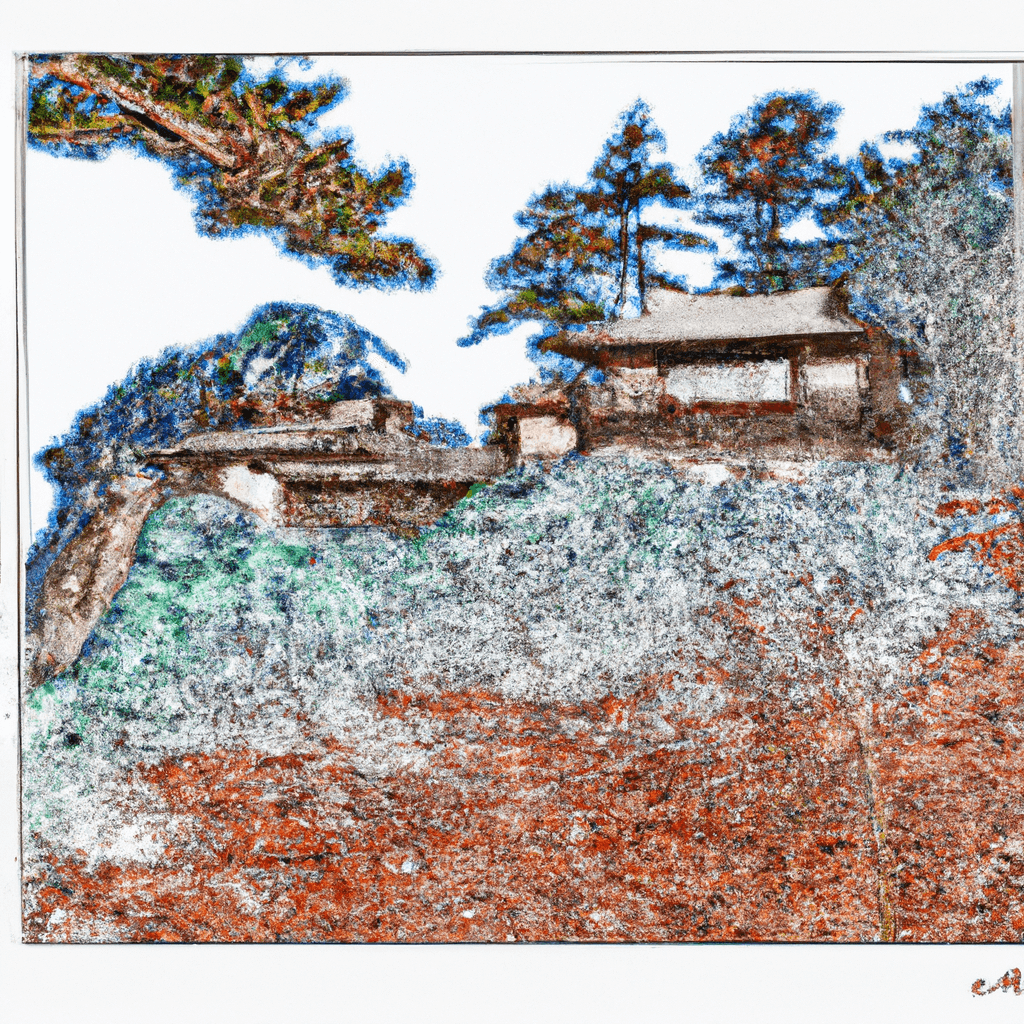

syndu | Nov. 4, 2023, 11:50 a.m.

The Edo period in Japan, spanning from 1603 to 1868, was a time of unprecedented peace, economic growth, and cultural development. It was also a period of significant religious and philosophical influence, with Buddhism, Shinto, Confucianism, and the introduction of Christianity playing pivotal roles in shaping society, culture, and politics.
Buddhism, introduced to Japan in the 6th century, had already deeply permeated Japanese society by the Edo period. It was during this time that the Jodo Shinshu sect, emphasizing faith and devotion, gained popularity among the common people. Buddhism's teachings of impermanence and suffering resonated with the populace, influencing art, literature, and daily life.
Shinto, the indigenous religion of Japan, also held a significant place in Edo society. Shinto's reverence for nature and ancestral spirits was reflected in the architecture, festivals, and customs of the time. The Edo period saw the rise of the Yoshida Shinto, which sought to unify Shinto and Buddhism, further demonstrating the intertwined nature of these two religions in Japanese society.
Confucianism, imported from China, had a profound impact on the political and social structures of Edo Japan. Its emphasis on hierarchy, duty, and moral rectitude shaped the samurai code of conduct, known as Bushido. Confucian principles also influenced the education system, promoting literacy and learning among the populace.
The introduction of Christianity in the 16th century brought a new dynamic to the religious landscape of Japan. Initially welcomed for its novelty and the trade opportunities it brought, Christianity was later suppressed by the Tokugawa shogunate due to fears of foreign influence. Despite this, Christianity left an indelible mark on Japanese society, introducing new ideas about individuality and equality.
The Edo period was a time of religious and philosophical diversity, with Buddhism, Shinto, Confucianism, and Christianity all leaving their mark on Japanese society. These influences can still be seen today in Japan's unique blend of tradition and modernity, a testament to the enduring impact of the Edo period.